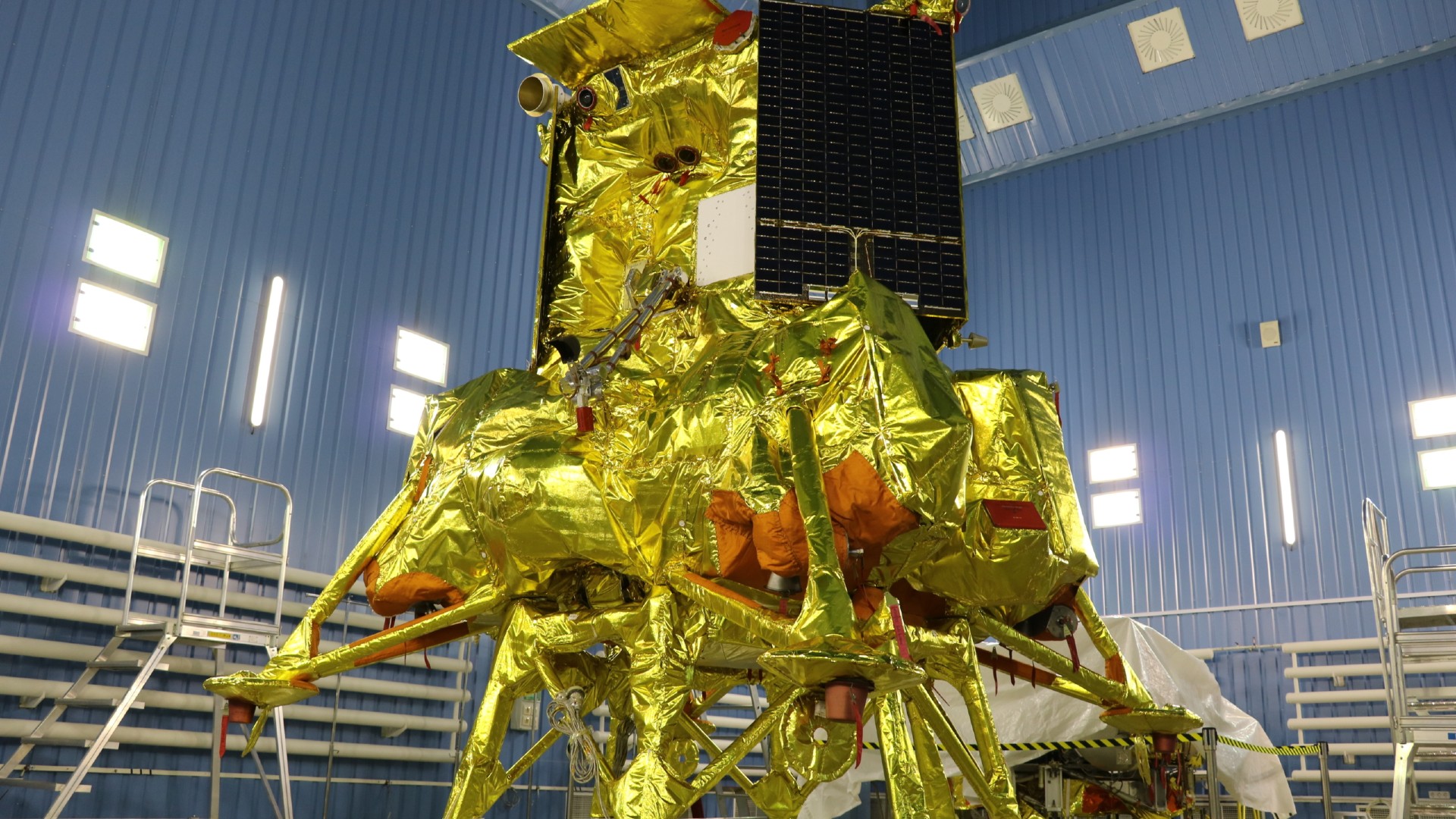Despite having to devote a significant part of its national resources to the war in Ukraine, Russia is still pushing ahead with its first moon landing project in 47 years, the news portal Ziare reports.
Russia’s space agency Roscosmos has been struggling for decades to develop its own projects to remain at the forefront of space exploration.
The launch of the Luna-25 lunar lander will take place on Aug. 11 at 2:10 a.m. Moscow time, Roscosmos said in a statement, as world powers such as the United States and China step up their lunar landing missions.
Roscosmos said a Soyuz launcher has been “assembled” at the Vostochny Cosmodrome. Residents of a village in Russia’s far east will be evacuated from their homes at 7.30 a.m. local time on Friday because of a “one in a million chance” that one of the stages of the rocket launching Luna-25 will fall to earth there, a local official said.
Luna-25 is expected to land near the Moon’s south pole “in difficult terrain.” The flight is expected to last between “four and a half and five and a half days,” according to data published by Roscosmos and quoted by the official TASS news agency. On arrival at the Moon, the Luna-25 module, which weighs almost 800 kilograms, will be tasked for at least a year with “sampling and analyzing the soil and conducting long-term scientific research,” the Russian space agency said.
With this first launch to the moon in 47 years, Russia enters a direct race with India to reach the moon’s south pole, a potential source of water to sustain a future human presence there. The launch will take place four weeks after India sent the Chandrayaan-3 lunar module, which is due to land at the lunar pole on Aug. 23.
Luna-25 is the first mission in Russia’s new lunar program and comes at a time when Moscow is seeking to strengthen its space cooperation with Beijing amid tensions with Western space powers over Ukraine.
After President Vladimir Putin launched Russia’s military offensive in Ukraine, the European Space Agency (ESA) said it would no longer cooperate with Russia on the launch of the Luna-25 mission, nor on future missions 26 and 27. Despite the withdrawal, Moscow said it would continue its lunar projects and replace ESA equipment with home-grown scientific equipment.
The USSR’s last moon mission was the Luna-24 space probe in 1976.





